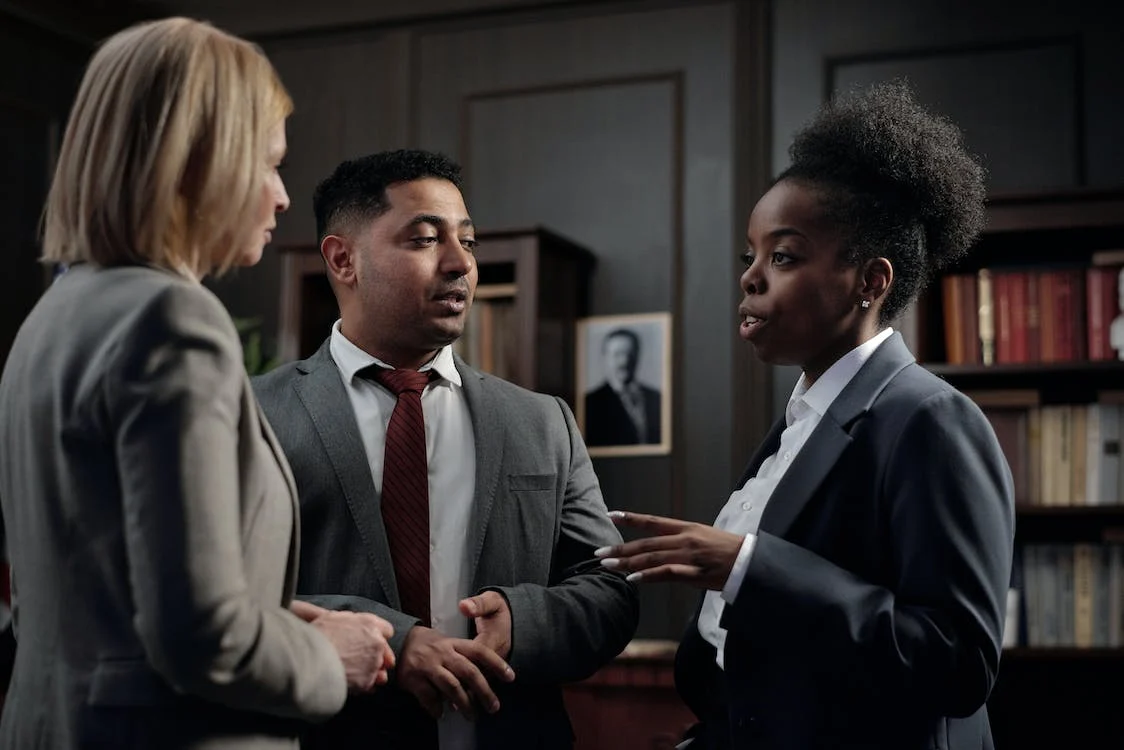In a perfect world, every business would have flawless B2B collections, with clients paying all their bills and unpaid invoices in full and on time every month. However, reality often does not match our expectations, and businesses face the challenge of dealing with clients who struggle to meet payment deadlines.
To address this issue, implementing best practices in B2B collections is crucial. These practices aim to reduce friction, enhance transparency with clients, and ensure a proactive approach tailored to each client’s unique situation.
Let’s explore how you can make your B2B collections process more effective and efficient.
what is b2b collections?
B2B collections refers to the process of recovering outstanding debts and payments from your company’s business customers. This includes a range of strategies, from friendly reminders to late fees and even legal action if it becomes necessary. Prior to involving third-party agencies, businesses should exhaust first-party collections processes, which helps maintain warm and better personal relationships between the two companies.
Related: What is Commercial Debt Recovery and Collection?
5 best practices to enhance your b2b collections process:
1) Send and Track Multi-Channel Reminders:
A successful B2B collections process involves employing a multipronged communication strategy. Don’t rely solely on one method of communication. Start with reminder emails and have a comprehensive plan in place to escalate communication when specific markers are passed. For instance, consider sending a reminder email when the debt is 15 days overdue, followed by a physical letter at 30 days, and a phone call at 45 days. Using automated emails with specific triggers can be very helpful in ensuring your message gets seen.
Document and record each step meticulously for internal tracking and, if necessary, legal purposes.
Related: How to Collect Business Debt and Unpaid Invoices
2) Make it Easy to Facilitate Client Payments:
Removing barriers to payment is essential to encourage timely remittance. While you may not eliminate all barriers, focus on reducing friction in processes under your control. Consider the following:
- Utilize modern payment tools to streamline and automate transactions.
- Accept multiple types of payments to accommodate client preferences.
- Offer payment plans to ease financial burden for clients.
3) The Carrot and The Stick: Be Accommodating for Those Working With You, Implement Penalties for Late Payments:
Though empathy and understanding are vital, there are instances when penalties become necessary to resolve debts. Transparency is crucial when applying penalties, and all parties involved should be fully aware of the following:
- The nature of the penalty (e.g., flat fee, percentage of the invoice).
- The timing of penalty enforcement (number of days past the due date).
- The possibility of escalating penalties (e.g., suspension of services, collections involvement).
Having penalties in place and consistently enforcing late fees can reduce the likelihood of difficult collections.
4) Identify Warning Signs and Proactively Communicate:
Early identification of potentially distressed accounts is advantageous, and vital to stay ahead of bad trends and late payment habits. Analyze customer data and monitor your Collections Effectiveness Index (CEI) to spot potential issues. An effective Accounts Receivable (A/R) platform should include an intelligence component for quick snapshots and forecasting. This enables informed decision-making and allows for proactive measures to address accounts with red flags, preventing further complications.
When you identify a concerning customer or trend, proactively reach out to them and check in. Offer solutions and give the dialogue going. Constant warm communication can go a long way in making sure the client continues to feel good about working with you and will pay what they owe.
5) Consider Hiring a Third Party Debt Collections Agency
If all else fails and the client still has unpaid invoices and outstanding bills, consider hiring a debt recovery agency that is experienced in business to business debt collection. Some agencies, like Monetaria, have debt recovery attorneys on staff, which will help you identify additional routes and strategies you can employ, both in the legal arena and outside of it, to ensure you get paid.
Related: Commercial Debt Collection for Beginners
Adopting these best practices will enhance your B2B collections process, leading to more efficient debt recovery and healthier business relationships. Tailor your approach to each client’s unique needs and situation, which will build an enduring and stronger foundation for your financial success.
We’re happy you found this article informative! Go back to our blog page to find more tips, tricks and guidance on collections, to ensure your business gets paid.
If you have unpaid debts that need to be recovered, commercial debt collection may be a good option for your business. A commercial debt collection agency can help you with the process of recovering past-due accounts and provide guidance on best practices for managing accounts receivable.
Led by a team of experienced commercial debt collection attorneys, Monetaria Group has helped hundreds of businesses recover and collect their outstanding debts and payments. Schedule a FREE consultation with our expert team to see how we can help you recover your money today!





 Drawing on our extensive ten years of experience in merchant cash advance (“MCA”) collections, the Monetaria Group team has gained valuable insights into the critical nature of fund recovery for our clients. We fully comprehend the unique obstacles and challenges posed by the MCA sector when it comes to collections, and have discovered that by implementing effective systems and strategies, outstanding payments can be successfully recovered without causing undue pain or unnecessary delays.
Drawing on our extensive ten years of experience in merchant cash advance (“MCA”) collections, the Monetaria Group team has gained valuable insights into the critical nature of fund recovery for our clients. We fully comprehend the unique obstacles and challenges posed by the MCA sector when it comes to collections, and have discovered that by implementing effective systems and strategies, outstanding payments can be successfully recovered without causing undue pain or unnecessary delays.


